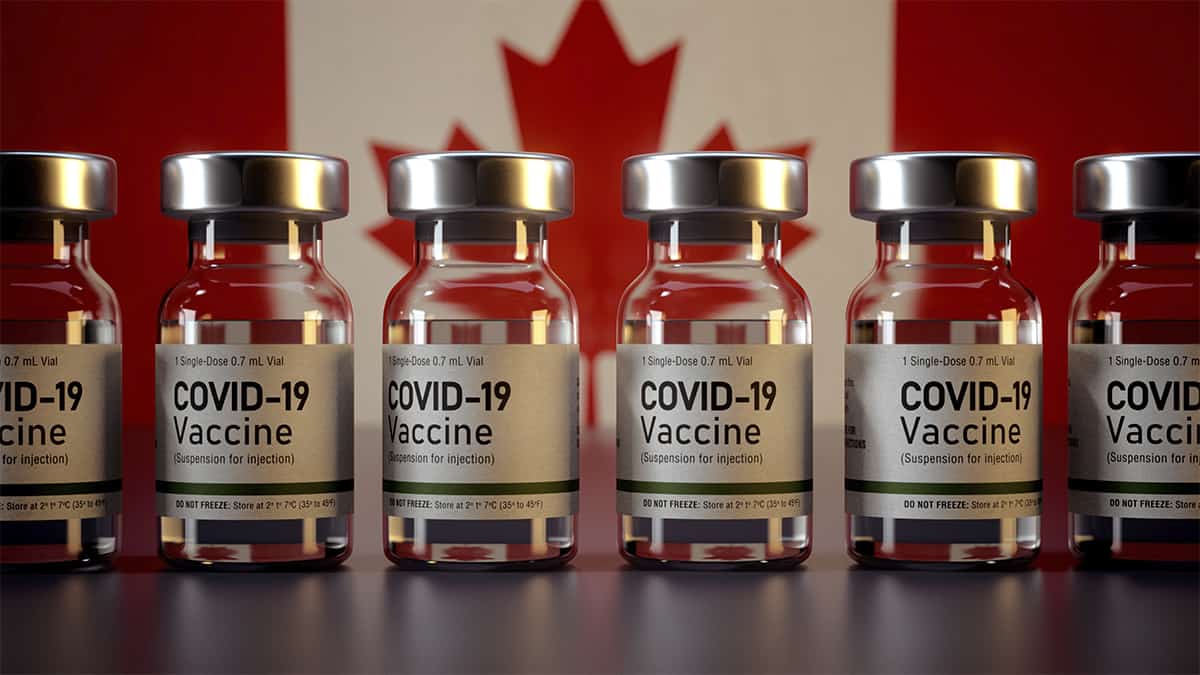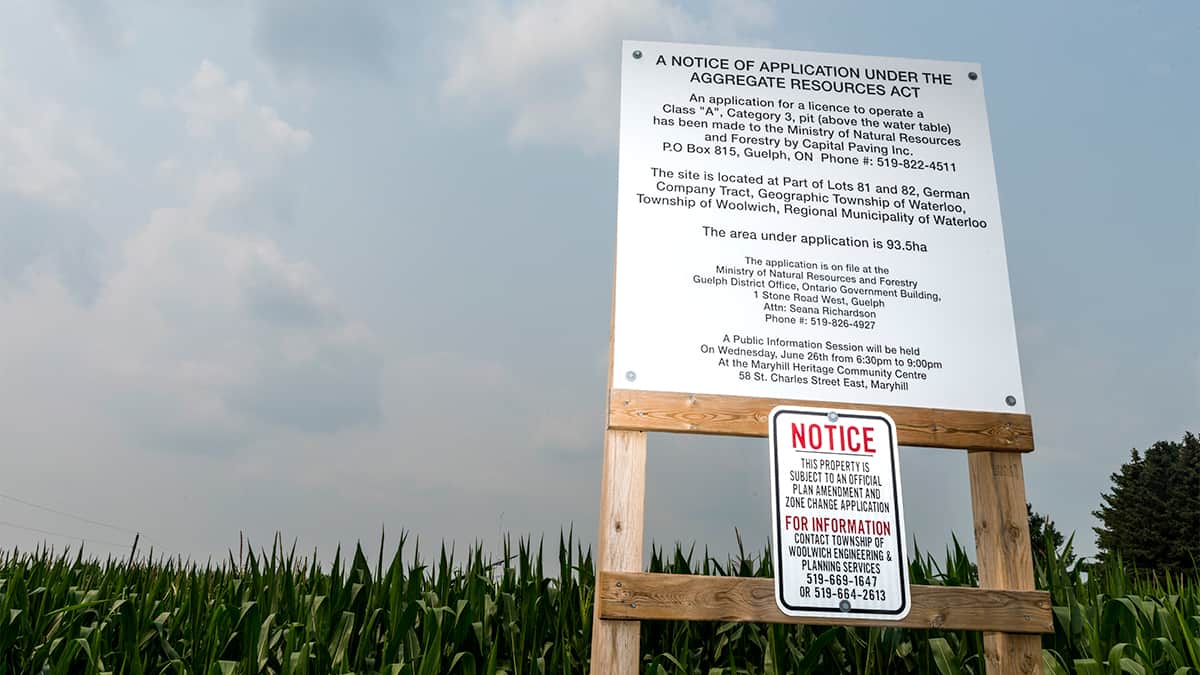The number of COVID-19 cases has been falling in Waterloo Region, but officials expect the number to rise again, stressing the need for everybody to be vaccinated. The surge in the Delta variant of the virus is a worrying trend.
At the weekly pandemic briefing July 30, medical officer of health Dr. Hsiu-Li Wang said the region’s case rate sat at 17 cases per 100,000 residents, down from about 60 at the beginning of July.
“We are also seeing steady progress in vaccination rates with almost 83 per cent of all eligible individuals, 12 years of age and older, having received one dose, and almost 69 per cent receiving their second dose,” she said.
“We remain at risk for a resurgence of Delta because our vaccine wall of protection is not complete. I urge all residents who have not yet done so, to get their first and second doses as soon as possible. Do not delay.”
On average, the region is administrating 4,700 vaccine doses a day. The mobile vaccine bus and the drive-thru clinics are proving effective. The reach of mobile clinics is being extended into Wellesley and Woolwich, with visits slated for the likes of the downtown Elmira sidewalk sale and the St. Jacobs Farmers’ Market.
Wang said the region would need to see 90 per cent vaccination coverage or more of first and second doses before the region can reopen completely.
“In summer activities it’s easy to lose track of time and next steps so I want to remind parents that it’s so important to take advantage of the next several weeks before school starts – it takes two weeks for the full protection the vaccine provides so you want to do everything possible to be fully vaccinated by the middle of August, all children age 12 to 17 should go get their first vaccine in the coming week, we can still squeeze in their second shot before school starts,” advised Bruce Lauckner, the region’s chief administrative officer.
While less likely to get as sick as some adults, children remain at risk, with the region pointing to the case of the Adventure 4Change day camp that voluntarily shut down due to multiple COVID cases among youth. Children’s day camps in the region have seen multiple outbreaks since the summer started.
“We are working closely with the organization to ensure appropriate infection prevention and control measures are in place and at high-risk contacts are identified – contact community interactions outside of the camp have also played a role in this outbreak, enhanced testing is ongoing, and we encourage anyone with symptoms or who has attended the camp to seek testing, through this testing we expect more cases to be identified,” said Wang.
“I am very appreciative of our community in Waterloo Region and that so many of you have stepped up to get vaccinated and advance their second doses. You are why our community and our economy are reopening,” she said.
“I also want to give a special shout-out to the 18-29 year olds in our community. Waterloo Region has one of the highest number of first doses in this age group in the province because of you. Over 87 per cent of those 18-29 have had a first dose.”
Unvaccinated residents continue to account for the majority of new COVID-19 cases.
“Of reported deaths in our communities since May 1, 83.4 per cent were not vaccinated or not yet protected by their vaccination. Five deaths were among those fully vaccinated; four of those were associated with long-term care, retirement outbreaks,” said Wang.
At midweek, the number of active cases in Waterloo Region was 145, up from 108 a week earlier, with officials monitoring outbreaks in eight locations. The number of new cases each day is at the lowest level since early last fall. Since the start of the pandemic, 282 people have succumbed to the virus, unchanged in the past week.
The numbers are significantly lower in neighbouring Wellington-Dufferin-Guelph, where there were just 21 active case at midweek, down from 24 at the same point last week. There have been a total of 126 fatalities since the pandemic began, unchanged over the two weeks.
The province continues to see growth in the total number of cases, though at a much slower pace, with the tally now at 551,000, up about a thousand in the past week.
There have been 9,349 deaths attributed to the virus – up 28 over the week before – representing a mortality rate of 1.7 per cent. The ministry reports 539,920 cases (98 per cent) have been resolved.
The latest numbers from Health Canada show 7,744 active cases nationwide, up about 2,500 from a week earlier. The cumulative total of confirmed cases now stands at 1,433,775, with 26,607 related deaths, a mortality rate of 1.8 per cent.








